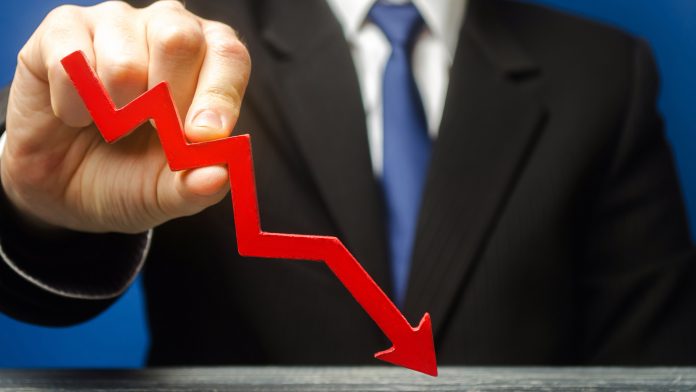Key Highlights
- Coronavirus pandemic could tip world into recession
- Joachim Fels, former White House economist and current global economic advisor at PIMCO sees “distinct possibility” of recession in US and Europe during first half of year
- Fels thinks recovery to follow in second half of year
Joachin Fels, a former White House economist and current global economic advisor with PIMCO, told his clients early this last week, “In our view, the worst for the economy is still to come over the next several months.”
New Free Webinar Shows You The 12 Secrets Of Real Millionaire Agents. Stop Struggling. You Can FINALLY Laugh At Your Money Worries – If You Follow This Simple Plan. Learn How To Generate 100’s of Motivated Leads Without Coming Off As A Pushy Salesperson and Losing Your Soul. Learn Now How To Become One of the 1000s of Agents Making HUGE Money Who Never Thought They Could.
YES, I Want To Attend The FREE Webinar! <——Click To Register
P.S. Free Webinar, Limited Space. Less Than 300 Spots Still Available.
Speaking with Julia Horowitz, analyst with CNN Business, Fels said that he sees “a distinct possibility” of recession in the US and Europe during the first and second quarters of this year and that Japan “is very likely already in recession.”
“The length and depth of the global economic contraction depends most importantly on whether health officials can materially slow the spread of the virus,” said Jan Hatzius, chief economist at Goldman Sachs.
Demand for travel and tourism has been slashed. Factory shutdowns are snarling supply chains and countries and cities around the world, including the US, are on lock-down.
Neil Shearing, group chief economist at Capital Economics, sees a “sharp but probably short recession” as the worst-case state of affairs at this point in time. Morgan Stanley’s chief economist Chetan Ahya sees the GDP annualized rate dropping to 2.3% during the first half of 2020 and then recovering, due to central banks’ and government stimulus programs, to 3.1% during Q3 and Q4 2020. However, if the pandemic worsens and lengthens beyond April, all three countries could experience a “sizeable shock” to their economies beyond Q2 2020.
Is there any good news here? Shearing (Capital Economics) differentiates between the recession caused by the 2008 financial and housing crisis and a crisis caused by the coronavirus pandemic today. The 2008 recession was characterized by a “grinding recovery” whereas “…our sense at this stage is that this is most likely to be a short, sharp shock…” depending upon policy responses.
Whether or not central banks have the tools in their respective toolboxes is debatable. And, interest rates in Japan, Europe and the US have limited room to maneuver. Ethan Harris, a global economist with Bank of America, told his clients this last week, “(Central banks) can lower the price of credit and ensure abundant liquidity, but that won’t help a household or firm facing a cash-flow problem.”
Thanks to CNN Business’s Julia Horowitz for source data and analysis.
Also read: Podcast: Coronavirus Declared Pandemic. What Happens Next?, Salaries Needed to Afford Home Payments in 15 Largest US Cities, Women Are Moving In

























